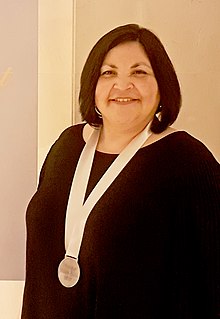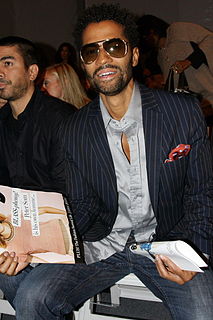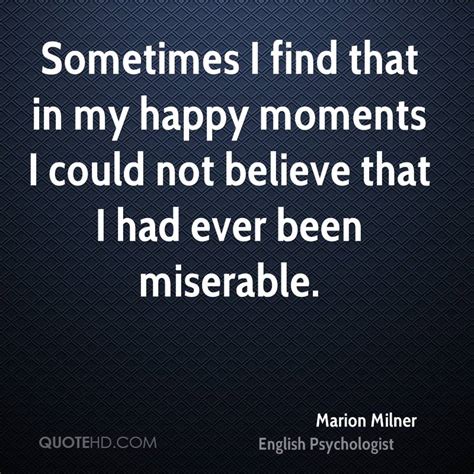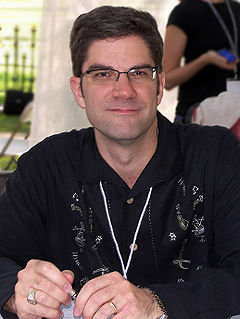A Quote by Eden Robinson
I think the best advice I got was to not worry about what other people would think while you were working on your first draft. Focus on getting it out of your head. You can always edit the manuscript later.
Related Quotes
I remember getting advice like, "Oh, do what interests you. Don't worry about tomorrow, live for today," kind of thing. And to a degree, you've got to do that, you've got to follow your passions. You've got to follow your dreams, but you also have to have a plan. You can't just say I'm going to do what interests me today and I'm not going to worry about tomorrow, that doesn't work. And anyone who's tried that I think quickly finds that out. Think about what turns you on, what do you dream about? But along with that, make a plan and work hard to make it happen.
The best advice on writing was given to me by my first editor, Michael Korda, of Simon and Schuster, while writing my first book. 'Finish your first draft and then we'll talk,' he said. It took me a long time to realize how good the advice was. Even if you write it wrong, write and finish your first draft. Only then, when you have a flawed whole, do you know what you have to fix.
People have been asking me, "What advice do you have for young writers?" I tell them: a) get off social media; b) don't ask your friends what they think about your work or your ideas. You need to focus and be insane within yourself to build your sandcastle. The mind is so malleable and you need to have a steel trap around it, at least while you're working on something.
Every once in a while someone says, 'You can't really learn anything, if you're really a writer then you wouldn't need to do it.' But I think what people need is the sense of not being alone. They go to MFA programs to be part of a community of people who care, and then you start caring about your friend who is trying to edit a magazine and your other friend who is stuck in the middle of her poem. There you have all kinds of things to worry about besides your own success.
I think that Anderson Cooper does a great job of staying with stories and pushing them. New Orleans he really... He was there and he pushed it past the point where his producers were saying, "Listen, you've got to stop because people are tuning out now. You know, we're on to another disaster." You know, what do you worry about, Haiti, Chile, Turkey? What? You know where do you put your attention and your focus? So for one person to really be able to cover all that ground would be tough.
I treat people who write me the way my friends and I all treat each other when we go to each other for advice, which is sometimes with supreme cruelty. I think that's what helps the advice sink in. If somebody comes at you with both barrels, the first shot opens your head, and the second shot allows the advice to get lodged inside.
With Ibrahim al-Koni, what I figured out was - and you'll see this in his novels - if your time is limited, make the unit of the chapters small so that you can finish one a day, at least in the first draft. Once you have the first draft it's living, and you can coax it to grow and trim it and reshape it and so on. But get that first draft. I think if I'd gone to an MFA program and learned that, it would have been money well spent. But translation has been that for me.
The best way is always to stop when you are going good and when you know what will happen next. If you do that every day ... you will never be stuck. Always stop while you are going good and don't think about it or worry about it until you start to write the next day. That way your subconscious will work on it all the time. But if you think about it consciously or worry about it you will kill it and your brain will be tired before you start.
Keep your head down, avoid all the distractions of being a writer today?all the shifts in the business, all the drama, all the debating about where publishing is going?and write the best story that you can. It sounds a bit glib, but I think this is advice a lot of people are having trouble following right now. It is so hard to focus. But that is the single key to success.






































